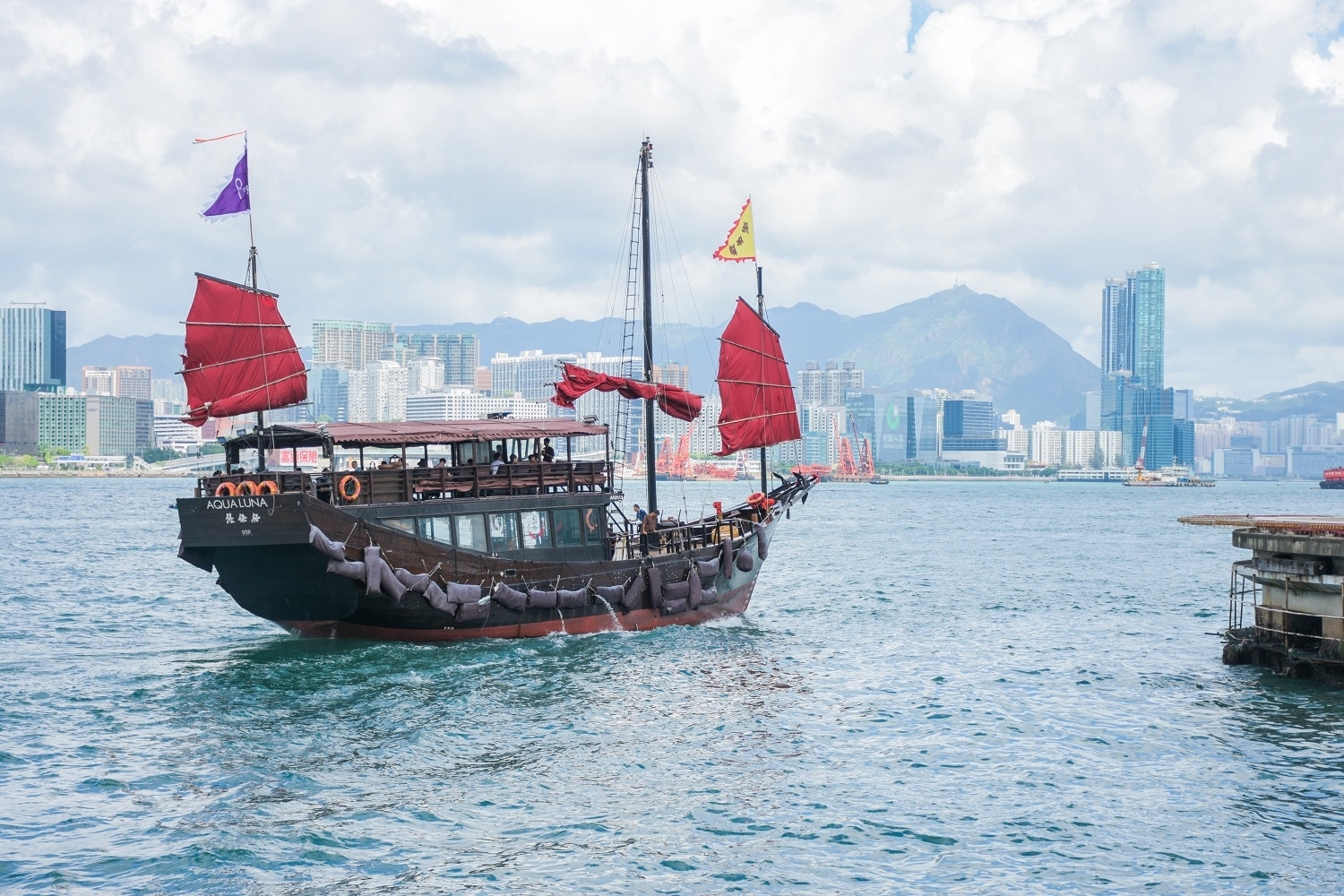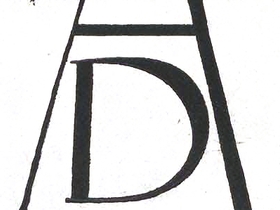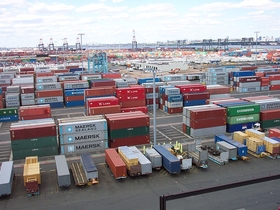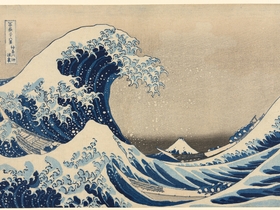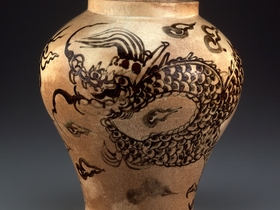At the end of May, the Trump administration broadly announced that it will begin the process of stripping Hong Kong of its autonomous status under U.S. law and policy. The announcement comes in the wake of both China’s passage of a national security law that threatens Hong Kong’s independence as an entity separate from mainland China and U.S. Secretary of State Pompeo’s subsequent refusal to certify that Hong Kong is autonomous from China.
As background, the source of Hong Kong’s privileged status in the U.S. is the Hong Kong Policy Act of 1992 (the 1992 Act) as amended by the Hong Kong Human Rights and Democracy Act of 2019. Pursuant to the 1992 Act, the United States has long treated Hong Kong as distinct from mainland China and Hong Kong exercises dominion from China in the domains of export controls, customs and immigration. Within the 1992 Act however is a provision that authorizes the US president to end Hong Kong’s special treatment if he or she believes “Hong Kong is not sufficiently autonomous” from mainland China “to justify treatment under a particular law of the United States.”
The exact parameters of President Trump’s proposed revocation are not clear; there is a spectrum of actions he could take ranging from revoking all economic privileges afforded Hong Kong to revoking or suspending only a few. In any event, the President has explicitly stated that the scope of the proposed revocation does include the revocation of Hong Kong’s preferential trade treatment. What follows is a brief overview of a few consequences that could result should the President follow through and treat Hong Kong like China for trade purposes.
Customs Territory
Under the authority of Section 301 of the Trade Act of 1974, the United States has implemented four rounds of tariff increases on a total of $550 billion worth of Chinese products since 2018. Thus far, exports from Hong Kong have been exempt from these increased duties. If the city’s privileged status is revoked however, exports from Hong Kong will likely be subject to the section 301 duties on goods of China.
The sudden susceptibility to Section 301 tariffs does not seem to alarm Hong Kong as the city does not have a massive manufacturing sector in its own right. According to Hong Kong Financial Secretary Paul Chan, only 2% of Hong Kong’s exports went to the U.S., which is only 0.1% of the city’s total exports. It remains the case though that tariff increases on the goods coming from Hong Kong will be felt by U.S. consumers as the cost of those goods will rise. Beyond the Section 301 duties, a revocation of Hong Kong’s separate customs territory status would also mean that any extant antidumping or countervailing duties imposed on various products of China would then also be applicable to the covered products coming from Hong Kong.
In the event that Hong Kong does lose its special customs status, the city will remain a free port and a World Trade Organization (WTO) member. This means that Hong Kong will continue to trade on most-favored-nation terms with the U.S. It also means that the U.S. treatment of Hong Kong will diverge from WTO rules, which continue to treat Hong Kong as a separate entity from mainland China.
Nothing in President Trump’s announcement as to revoking U.S. recognition of Hong Kong’s special status concerned the efficacy of the U.S.-China phase 1 trade agreement, which was signed in January. There is not yet reason to anticipate that any revocation of Hong Kong’s status will affect the latest agreement between the U.S. and China in their ongoing trade disputes.
Export Controls
The proposed revocation of Hong Kong’s privileged status could see a significant revision in the export controls currently applicable to goods going from the U.S. to Hong Kong.
For purposes of the U.S. Export Administration Regulations (EAR) administered by the Department of Commerce’s Bureau of Industry and Security (BIS), Hong Kong and mainland China are treated as separate destinations. Per the EAR, items subject to EAR may be exported from the U.S. to Hong Kong (and re-exported to certain jurisdictions) with less oversight than if those same items were exported to or used in mainland China. The President’s proposed revocation could be carried out to varying degrees in so far as export controls are concerned. For example, it is unclear whether EAR licensing policies applicable to China will be fully applied to Hong Kong or whether restrictions on exports will also cover exports to Hong Kong.[1]
In the event the EAR’s licensing or restrictive provisions on goods to or used in China do become applicable to Hong Kong, Hong Kong-based firms’ ability to source sensitive technologies will be severely curtailed. It follows that Hong Kong’s distinct advantage as a business location relative to mainland China would be eliminated.
Change in Free Dollar Exchange
At this moment, the Hong Kong dollar can be “freely exchanged” with the U.S. dollar. It is unclear whether eliminating Hong Kong’s access to the dollar is a part of the U.S. plan to revoke its recognition of Hong Kong as an autonomous entity though it is also highly unlikely. Such an elimination would be confusing as even China has free access to the U.S. dollar. Further, depriving Hong Kong of the dollar could very well damage U.S. interests as businesses could readily switch operations to another major currency, which ultimately weakens the status of the U.S. dollar in Asia.
Take Away
Again, the exact degree to which the Trump Administration will enforce a revocation of Hong Kong’s special status is yet to be seen. We anticipate that the details regarding the scope, timing and implementation of any measures will be clarified by the Administration soon.
[1] On April 28, 2020, BIS issued final and proposed rules to impose significant restrictions on exports and re-exports to China and remove license exceptions on certain items controlled on national security grounds to that country.
